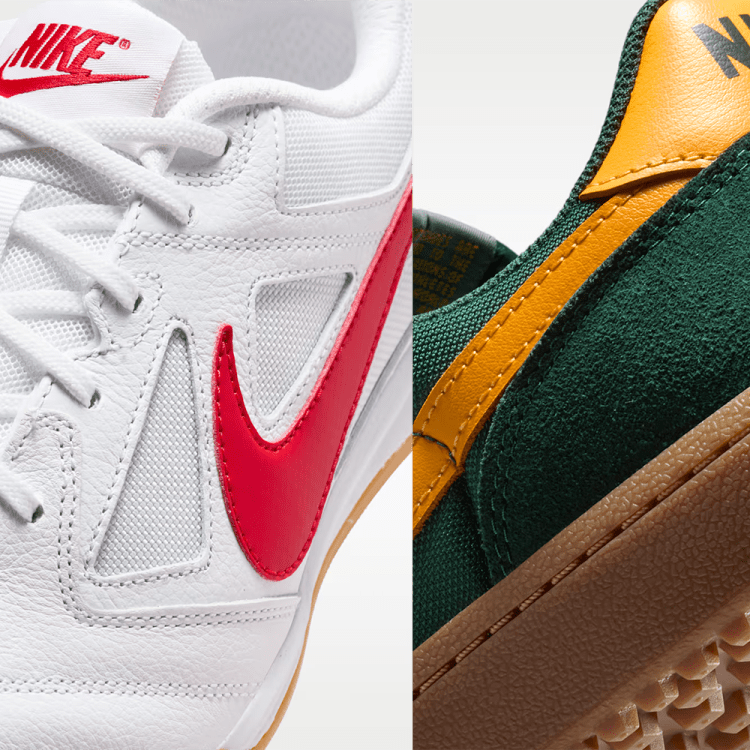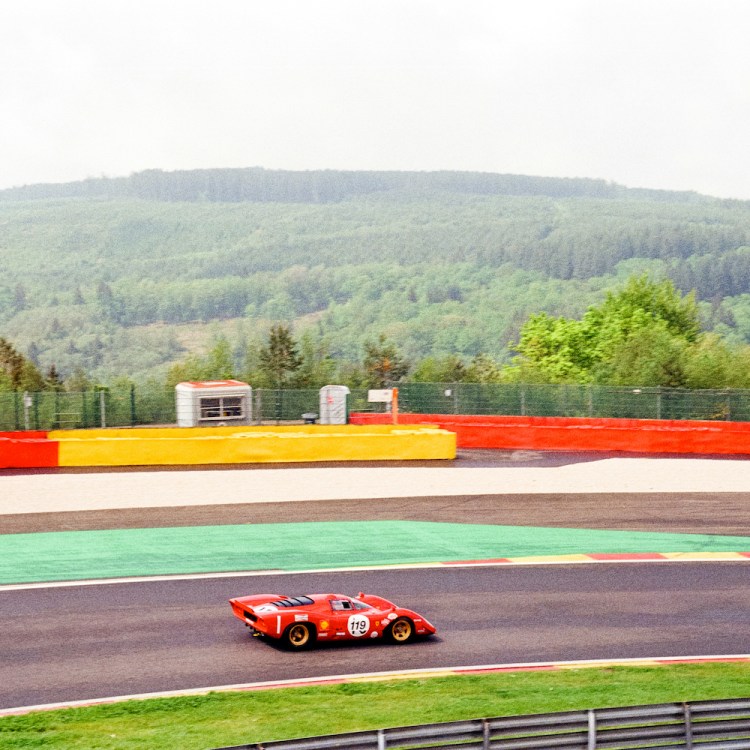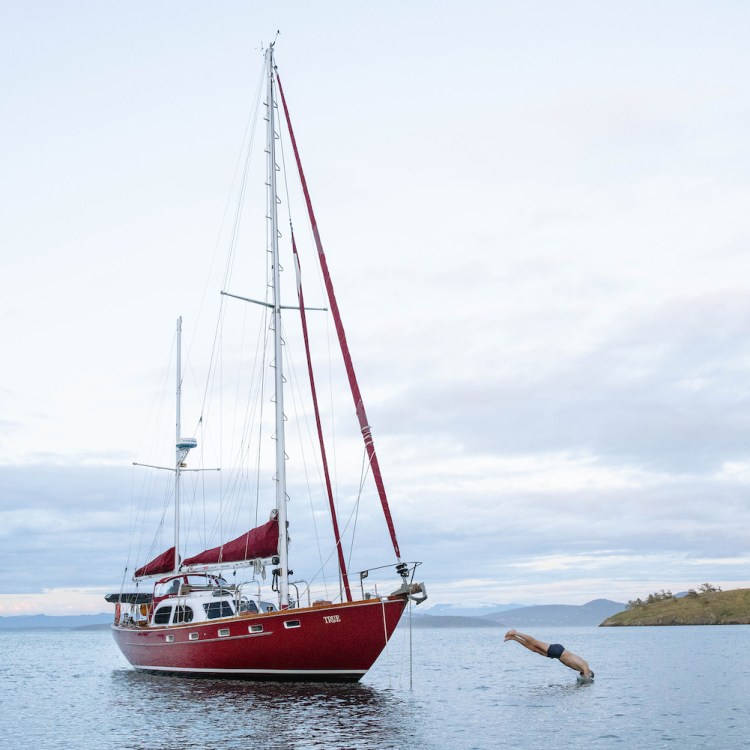After a busy 2023, Tyler Green, a professional ultrarunner for Nike, started this season’s build slowly and intentionally. But even with an abbreviated training block before the Hong Kong 100, he still managed to make the podium, which set him up well for the journey ahead — a grueling half-year of racing that includes some of the most competitive ultras on the planet.
Back home in Portland, Oregon, Green balances training, coaching and spending time with his one-and-a-half-year-old son, Lew. In late April, he raced the Madeira Island Ultra Trail, a 115-kilometer course across the Portuguese island. He’s now gearing up for the Western States 100-Mile, and then Ultra Trail du Mont Blanc (UTMB) in Chamonix, France. Even the most seasoned of ultrarunners would describe this schedule as intense, which is why Green plans to take a break afterwards.
“After UTMB, all my competitive aspirations go into coaching, which allows my body to rest,” says Green. “I’ll run when I want to run, without a strict schedule.” As the head coach of the cross-country teams at Oregon Episcopal School, an independent high school just outside Portland, Green describes their state meet as “the next UTMB, something we work towards all season, which fills the competitive void.”
We sat down with Green to learn more about his racing and coaching background, and how he balances work with the rest of his life.
InsideHook: Tell us about your running career and how you found trail running?
Tyler Green: My first cross-country race was in second grade and I ran though high school. I was fast, but not the best. After a year of community college, I moved to Nepal for two years for service work, and I hiked almost every day in the mountains. I had given up the sport until I found trail running. A friend, Ben Turman, paid for my first race in 2014, which was a 50K in Oregon. That started it all. Before that, even as an avid hiker and climber, I didn’t know much about trail running. It never clicked with me that you could go out and run in the mountains. He helped introduce me to this world.
That was over a decade ago — what have been some of your proudest moments since?
Last year’s double of [Western] States and UTMB is something I’m really proud of. My goal coming into the sport was top 10 at those two races and I surprised myself by doing that in the same year. But I’m most proud of the process. Chipping away year after year and figuring it out. Finding small ways to get better. I’m about to turn 40 and I don’t plan on slowing down.
The Globetrotting Guidebook: Our Most Memorable Runs Across the Planet
A powerhouse panel of pro runners, legendary coaches and race directors share the routes they’ll never forgetWhat goals do you have for your big races this year?
Winning these kinds of races is a monumental task, so I’m honestly not walking into them talking about going for the win. A goal for all three is to reach the podium, but I’ll fight for every place in an attempt to be as high up in the top 10 as possible. The other goal is to improve as a runner in each race. Madeira was a new race where I was able to challenge myself in novel ways. States and UTMB still offer areas for growth as I try to build on previous efforts.
Tell us how you train, your current focus or new methods leaning into this year?
My current coach, Matt Leigh, offers a quiet confidence. Prior to my first second place at Western States (Green finished second in 2021 and 2023), he gave me the mantra “Why not me?” and he helped me believe that I could do a lot more than I thought. We’re not doing much that’s unique this season, just trying to refine the small stuff. Before States, I’ll do a big three-day effort, something like 30-20-20, with the goal of quality for all three sessions, simulating the race as best we can.
How would you describe your racing and training mentality?
I think of ultrarunning like a process. A long process. When I was first trying to get into Western States, I took third in two Golden Ticket races, barely missing the cut, before eventually qualifying. When I think about my own goals or talk with athletes, I always start with a five-year goal. A big thing way down the pipeline — and then build a map of how to get there. When you start racing, you’re just getting reps and practicing for that big goal.

Tell us about the high school team you coach and how you got involved?
I started at the school as a P.E. teacher and have been there nine years now, including five as an assistant coach. I had the time to observe what was working and what needed to change. When I took over the program, I had some great assistant coaches, which also helped a lot. We developed the right culture and slowly hit milestones toward our goals. Last year we won a state championship.
Can you share more about the culture?
We wanted our team to be friends outside of running. It’s great to be hanging out in practice, but we wanted to build a community. So, for example, during the summer we do pancakes and then a long run, which helps build authentic connections. Parents host and make pancakes, then we all go run together. Or, at the end of each practice, we just sit around and chat. That’s an important part of being on a team and helps build friendships, which I think is missed a lot.
What do you take from your own training and implement with your team?
Some things crossover well, some do not. We tried mindfulness exercises with the team, which has been really important for me as an athlete, but it didn’t work with the kids — but maybe they’ll see the value in the future.
We also put an emphasis on consistency and how it has a big impact in the long run. Plus, strength training and core work are major pieces for high schoolers. With varied athletic backgrounds, I know I need to support kids to be athletes as well as just runners. That means a lot of drills, agility games and getting kids to practice moving. I’ve learned as a pro that I feel strongest at the starting line when I feel like a strong runner, but also feel like an athlete. There’s a difference.
Tell us about time management and how you juggle being a dad and a pro runner?
I say no to a lot, to avoid being busy all the time. My time with my son is precious and when I’m really doing well, I’m intentional about my time spent with him, with the phone in a different room. I don’t want to say no to things just to spend more time doomscrolling, so that’s a big focus for me right now.
I often have to chip away at things with my son around. When he’s napping, I take advantage of it and focus on things that need my full attention, and I get crafty with my training as well. That means occasional miles and workouts with the kids I coach and many more runs from out my front door rather than driving to a trailhead.
Any creative ways you’ve learned to juggle family life, training and coaching?
I try to be a little more Rocky and a little less Drago. If it’s hard to get a run in due to childcare, I take Lew out in the stroller or put him in an Osprey pack and hike him up steep hills. I often run with my dog and he’s always pulling on me so it feels like I’m running downhill to slow him down. These could be seen as inconveniences and deter from the “perfect” training plan, but they also might help me in ways I don’t always realize.
The Charge will help you move better, think clearer and stay in the game longer. Subscribe to our wellness newsletter today.

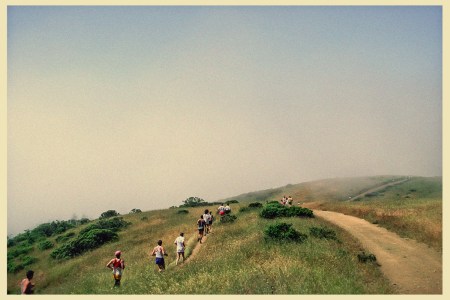

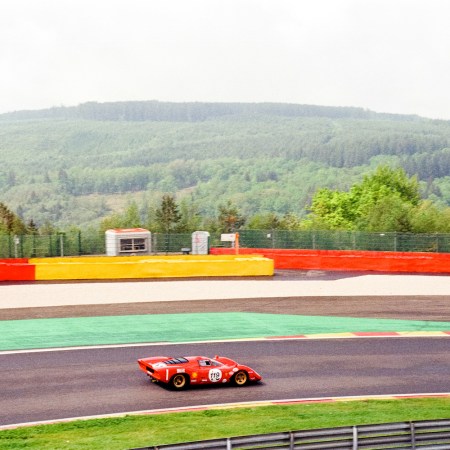
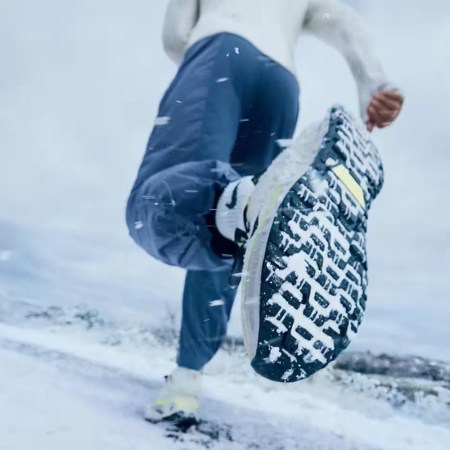
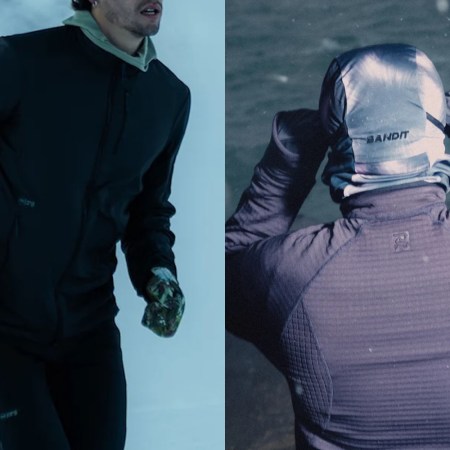




![Noah Wyle [third from left] with the season 2 cast of "The Pitt"](https://www.insidehook.com/wp-content/uploads/2026/01/the-pitt-season-2-schedule.jpg?resize=450%2C450)


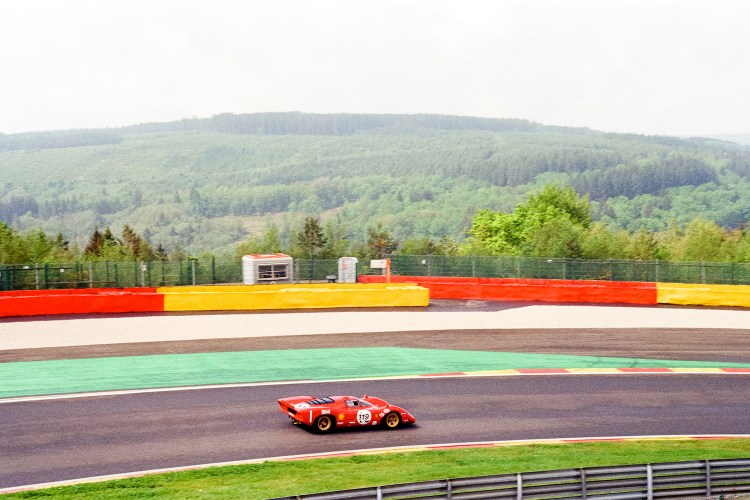


![Noah Wyle [third from left] with the season 2 cast of "The Pitt"](https://www.insidehook.com/wp-content/uploads/2026/01/the-pitt-season-2-schedule.jpg?resize=750%2C500)

